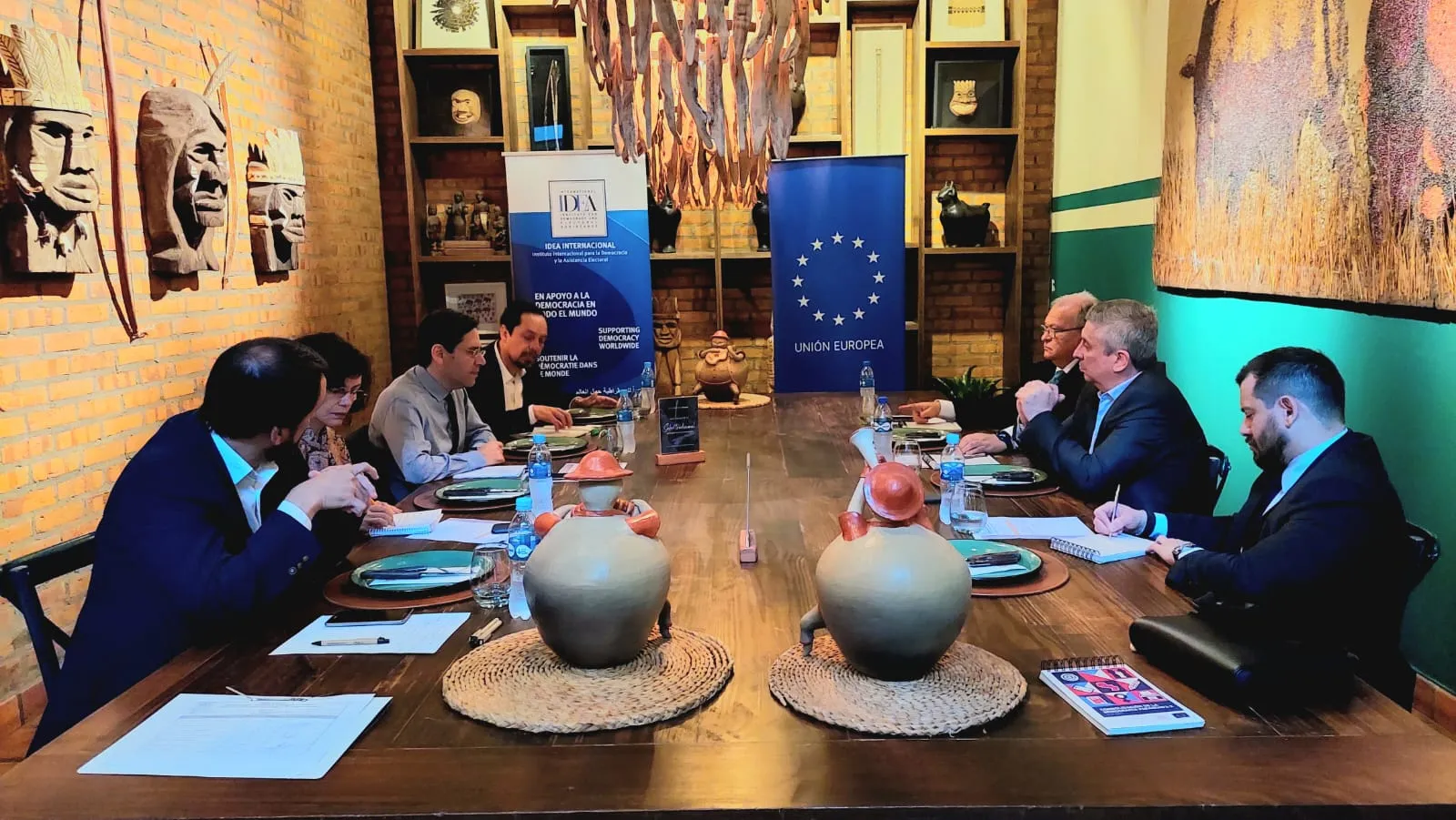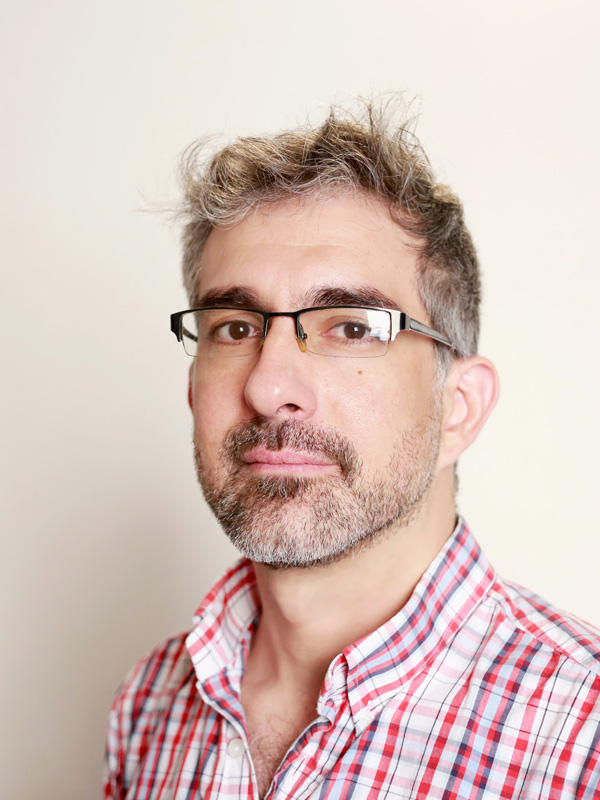International IDEA presents findings of diagnostic study on political financing in Paraguay

International IDEA shared with electoral authorities, civil society, and political actors the main elements of the current state of political financing in Paraguay, as revealed by a qualitative study carried out this year.
Este artículo también está disponible en español.
The study highlights the importance of the steps taken by Paraguay in recent years to regulate political financing, one of the most complex issues for democracies. It identifies the intricacy of the regulatory framework, the high level of informality in the national economy, the rising cost of election campaigns, and the influx of money from illicit sources as the main challenges.
These are the central findings of the study carried out by researcher Guzmán Ibarra for International IDEA in Paraguay. The specialist shared these discoveries in two meetings held in the first week of November, one with the Justices of the Superior Tribunal for Electoral Justice (EMB), and the other with representatives of civil society and diverse political actors.
Other significant findings of the research include the added difficulties women in politics face to access funding, the substantial differences between rural and urban environments in the ability to comply with existing regulations, and the advantages that traditional parties have in both accessing funds and meeting the requirements mandated by law.
Ibarra also emphasized that the purpose of the existing legislation is rather vague: "It is not clear whether the aim is to promote political equality or to achieve real traceability of funds. It is important to have a clear understanding of the problem and a precise definition of the objective to design effective solutions," he said.
The study seeks to enrich the debate on the issue in an election year by providing quality technical input to the political conversation, while engaging the voices of civil society, academia, and under-represented sectors.
The research was carried out in the framework of the project "Consolidation of Paraguayan Democracy II", implemented by International IDEA Paraguay Programme with funding from the European Union.




